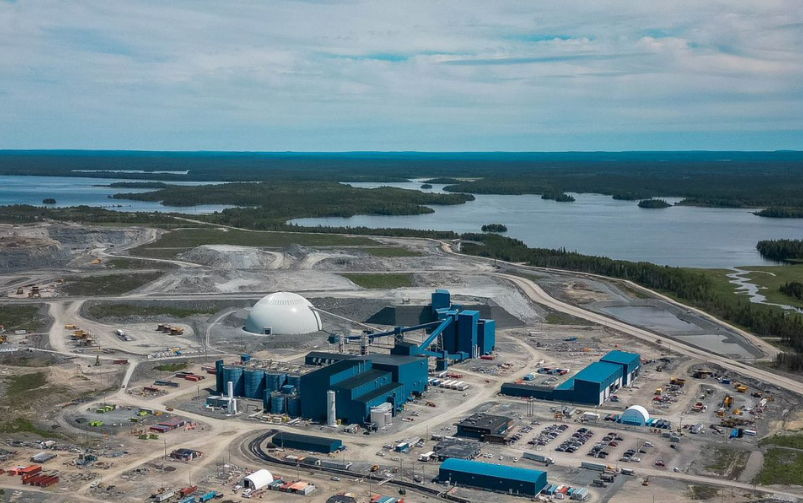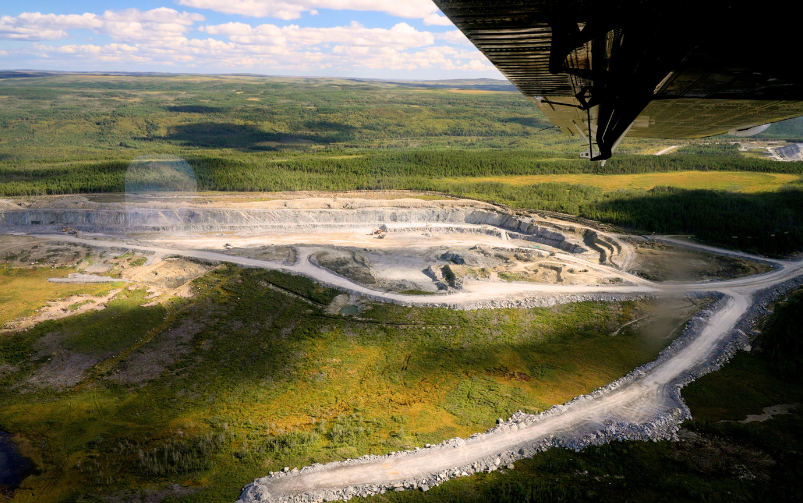Volt Lithium's Rainbow Lake project is located in northwest Alberta, where the company owns lithium rights across 430,000 acres of land. Courtesy of Geothermal Canada.
Volt Lithium Corp. announced on Jan. 31 that it had successfully produced 99.5 per cent battery-grade lithium carbonate at its demonstration plant located in Calgary. It processed oilfield brine from the Keg River formation at Rainbow Lake in northern Alberta, which is several hundred metres below the McMurray bitumen deposits that contain the world’s largest petroleum deposit—the Athabasca Oil Sands.
In its process, the company first treats brine from oilfield operations and removes contaminants. Next, it utilizes its proprietary direct lithium extraction (DLE) technology to extract lithium from the brine, and said it recovers up to 98 per cent of the lithium in the process, which is later used to produce lithium carbonate. It is then refined directly at the company’s plant.
In its press release, the company stated that the production of battery-grade lithium carbonate serves as a significant step forward for the company’s commercialization of the chemical compound and in reaching its goal of becoming North America’s first commercial producer of lithium carbonates and lithium hydroxide from oilfield brine.
“I am thrilled to confirm that the Volt team continues to advance our DLE capabilities at our demonstration plant and showcased our ability to transform oilfield brine into a commercially saleable grade of lithium carbonate,” said Alex Wylie, Volt’s president and CEO, in the press release. “Bringing the full-cycle process in-house greatly reduces the cost to produce lithium carbonate.”
As stated in an earlier press release, going forward in 2024, Volt aims to partner with oilfield companies to extract lithium from their operations, with the goals of further refining its DLE technology.
A preliminary economic assessment (PEA) that was released on Dec. 14, 2023, for the company’s Rainbow Lake project, forecasted that production would begin at 1,000 tonnes of battery-grade lithium hydroxide monohydrate annually and grow to over 23,000 tonnes per year over the course of a 19-year period. The PEA predicted a base case pre-tax net-present value of US$1.5 billion, based on a long-term lithium hydroxide monohydrate price of US$25,000 per tonne. The company tested its technology during a pilot program in 2023, which informed the PEA.




